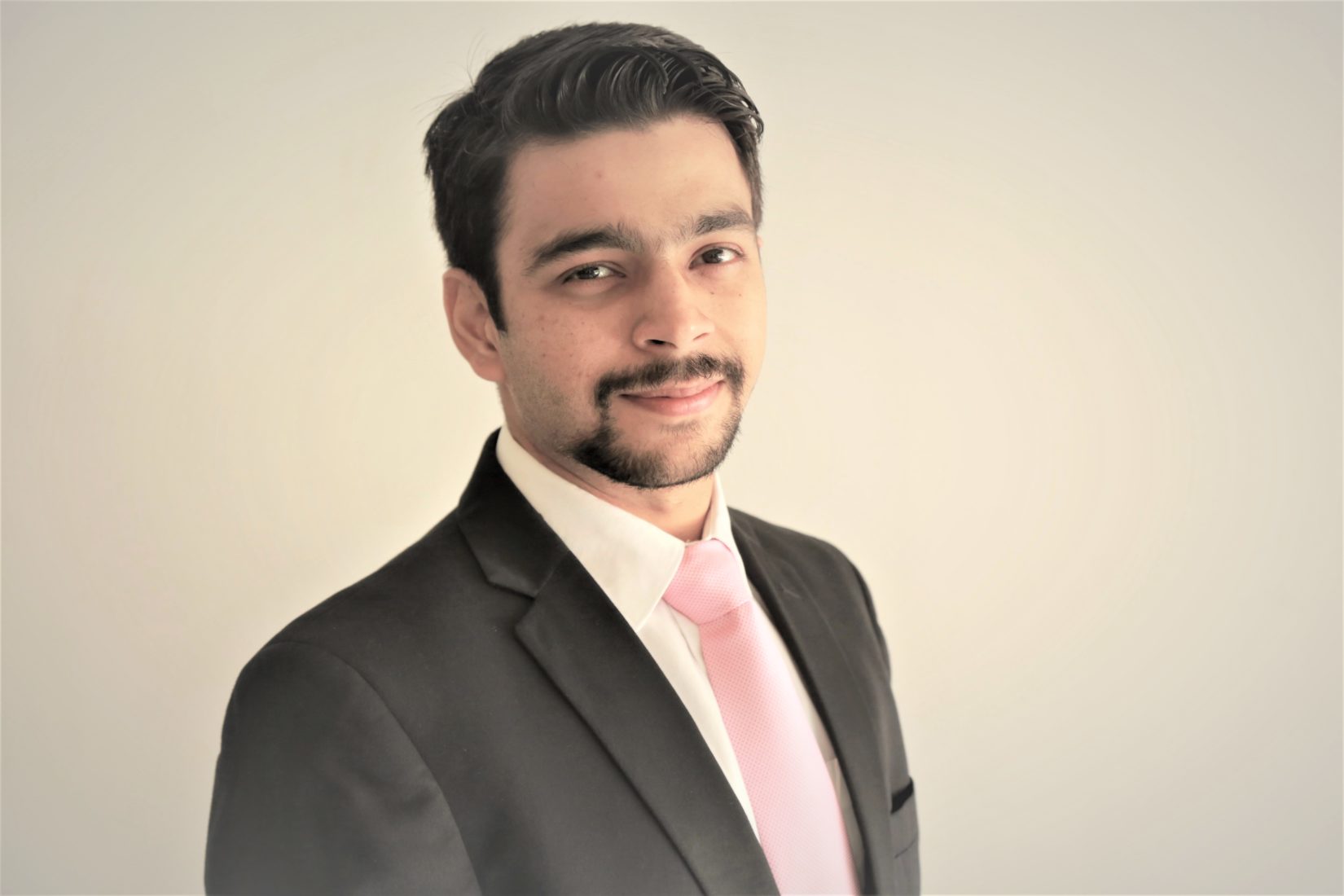Hitesh, Senior Sustainability Manager at 256,000-employee-strong Mahindra Group in India, recently completed the Swedish Institute Management Programme (SIMP) Asia. Working with sustainability on a daily basis, he wanted to understand the broader aspects of the issue and get leadership examples from global organisations and international developments. A colleague had recommended the Swedish leadership programme, and having looked at the curriculum, he decided to apply.
-I applied for the programme because I was looking for an opportunity which would help me understand what’s happening in the international area and also what other businesses are doing. A programme from Sweden stood out, also because of Swedish organisations like H&M and IKEA who set the benchmark on sustainability.’
The programme proved useful both to himself and his company.
-The programme provided me with strategic frameworks to use in my work. I learned to look at principles and our commitments in depth, to better see possible future consequences. I have become better at seeing which areas are worth exploring and which are not. We must follow a well-structured path within the framework and not get deviated by other conversations. So those are some tangible results from SIMP, being able to use these frameworks internally.’
He had some concerns about the programme being online but was pleasantly surprised at how well the Swedish Institute managed the interactive lectures.
-There was a continuous flow of discussions and sharing of ideas throughout our sessions. The technological aspect was never an issue, everything worked well, and they created a familiar and friendly atmosphere. I always looked forward to attending these classes.’
The lectures contained elements of mentorship and coaching and were far from traditional one-way communication.
-I really enjoyed the mentorship and the guidance, and the level of experience they brought into this entire programme. I think the most important part is that we were getting views from different experts from different fields, ranging from climate change to anti-corruption, from diversity and inclusion to legal aspects. Also, these experts had a global view so we could see how things happen in Sweden, and in other Baltic Sea Region countries, through practical examples.’
The programme paid off in several ways. Some things, like his leadership skills, were affected immediately. Other things, like strategic impacts on decision-making, has a more delayed result because of company structures that take time. But Hitesh is convinced also those effects will come.
-Our sessions on leadership included topics such as active listening and neuro-based leadership, which were helpful for me to nurture my behaviour traits in a leadership role. I would say I have become a better leader.’
He mentions a few examples when he has had better success at convincing people from all levels to follow the path towards strategic change. He was asked to evaluate a project with long-term impact. The proposal had reached the highest level of the company, but Hitesh took use of his learnings from SIMP, asked the right questions and looked closely at the details. His conclusion was not to endorse the project and his seniors were convinced by his sound evaluation.
-Since the objective of the programme is to build sustainable leaders and to build responsible leadership for their organisations, I think the programme suits anybody interested to be on that path. It’s not that I become an expert on biodiversity, or I will be able to solve the problems right away, but I need those managerial abilities and leadership abilities that let me guide an entire company or team. Now, I am pretty clear on what I need to do.’
Find out more and apply to the Swedish Institute Management Programme Asia
Application open until March 31, 2021.
